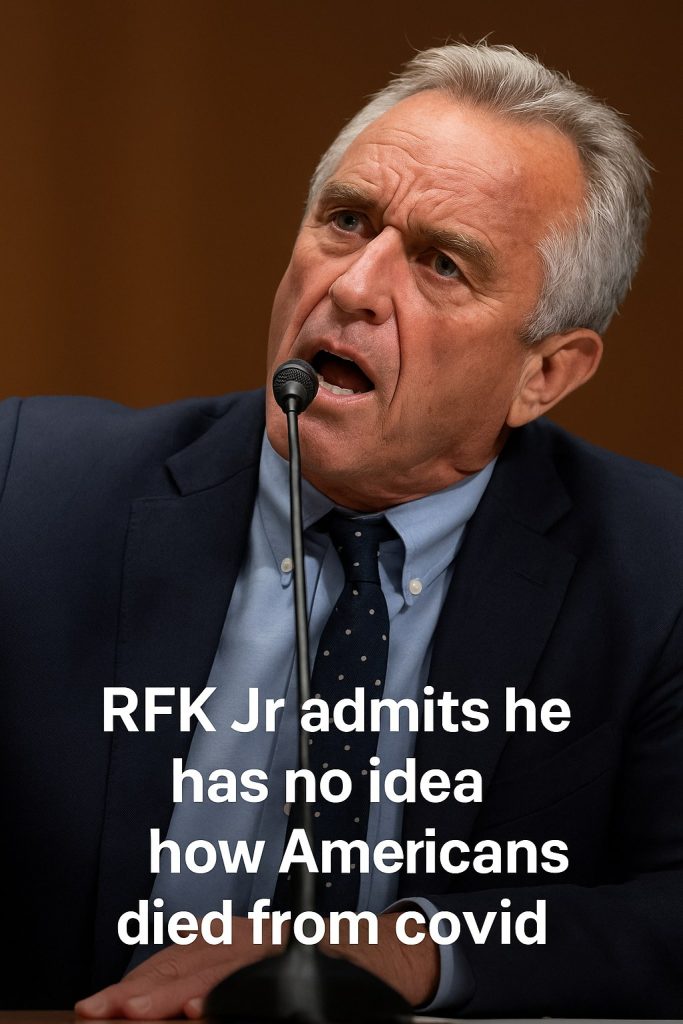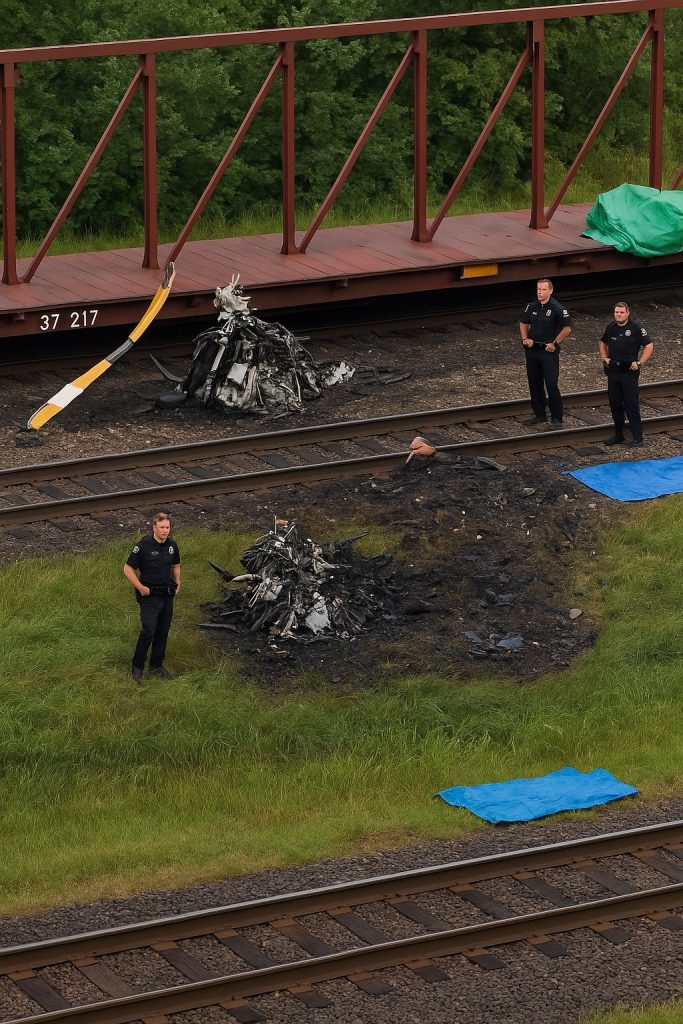Health and Human Services Secretary Robert F. Kennedy Jr. stunned lawmakers during a heated Senate hearing on September 4, 2024, when he confessed that he does not know exactly how many Americans died from Covid-19. The admission came as Kennedy, a vocal critic of the Biden administration’s pandemic response, sought to shift accountability for the nation’s Covid-19 death toll onto the current federal government.
The hearing, convened to review the United States’ handling of the Covid-19 pandemic and ongoing public health measures, grew intense as questions about data integrity and government transparency took center stage. Kennedy, who was confirmed as HHS Secretary earlier this year, responded to a direct inquiry about the official count of Covid deaths by conceding that the precise number remains unclear to him.
“I do not know the exact number of Americans who died from Covid-19,” Kennedy said candidly. This rare acknowledgment from a top health official ignited a wave of reactions among senators and the public alike, highlighting long-standing confusion and controversies surrounding Covid data reporting methods.
While the Centers for Disease Control and Prevention (CDC) and other agencies have reported that approximately 1.1 million Americans died from Covid-19 since the onset of the pandemic, turbulent debates about data accuracy, including how deaths were classified and counted, have persisted throughout the crisis. Kennedy’s admission seemed to reinforce questions about the reliability of these figures and the transparency of the government’s pandemic record-keeping.
During the hearing, Kennedy criticized the Biden administration for what he framed as mismanagement and lack of clear communication on Covid death statistics. He argued that shifting definitions and inconsistent policies from federal agencies have muddied the public’s understanding of the true human cost of the virus.
“The American people deserve clarity,” Kennedy asserted, urging for improved standards and oversight over how pandemic data is collected and disseminated. He called for a comprehensive review to ensure that death reporting criteria are consistent and accurately reflect the impact of Covid-19.
Senators from both parties expressed concern over the admission, noting that clear and reliable data is crucial for public trust and future preparedness. Some members pressed Kennedy on how the department plans to restore confidence in official statistics amid ongoing variations in state and federal reporting methodologies.
This development adds a new chapter to the ongoing debate about the handling of the Covid-19 pandemic within the United States and the administration’s responsibility for its aftermath. It also highlights the broader challenges facing public health authorities navigating complex data in a highly politicized environment.
As the country continues to grapple with the legacy of Covid-19 and prepares for potential future health emergencies, officials at HHS are now under increased pressure to provide transparent, accurate, and consistent information about the pandemic’s toll. Kennedy’s surprising admission at the Senate hearing could catalyze legislative efforts aimed at overhauling the way health data is managed and reported across the nation.
In the wake of Thursday’s hearing, public health experts emphasize the importance of data clarity and caution against politicizing vital statistics that inform critical health policies. The path forward, they suggest, depends on restoring faith in government reporting mechanisms and ensuring lessons learned from the Covid crisis translate into improved systems.



